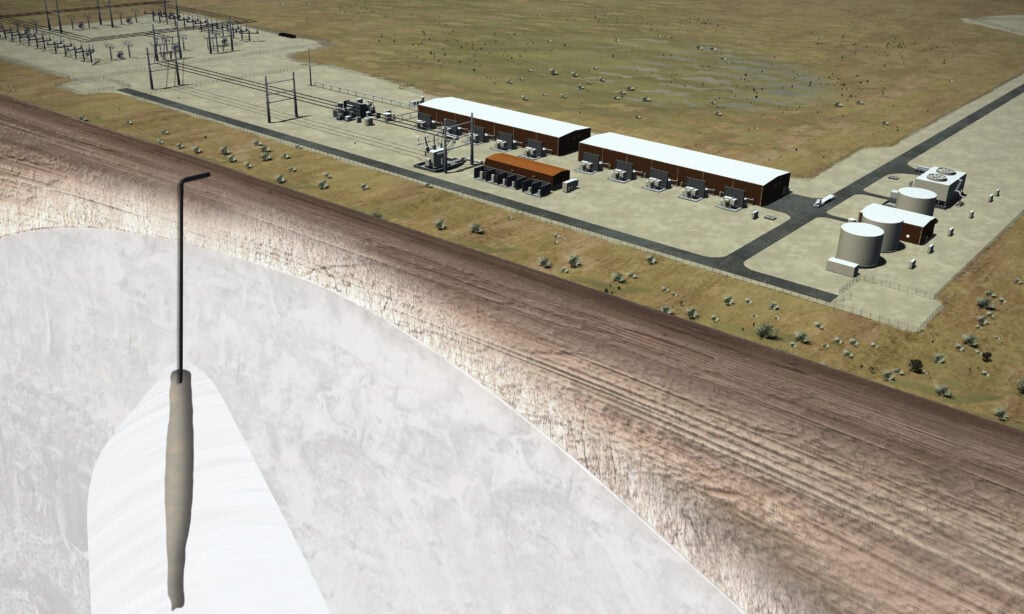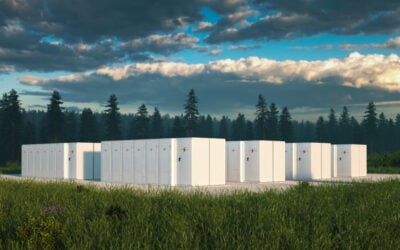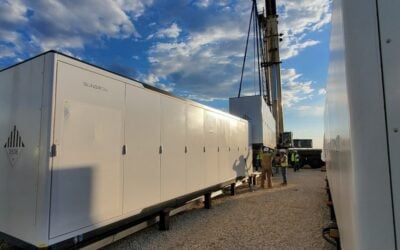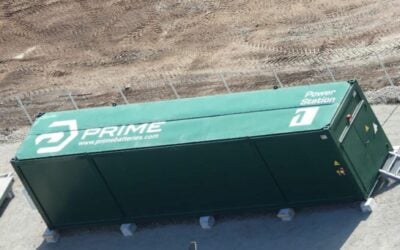
Mitsubishi Power Americas has selected software and engineering firm Emerson Electric to automate the ACES Delta project in Utah, billed as the world’s biggest green hydrogen project development.
Mitsibushi Power said it will leverage Emerson’s hydrogen production experience and automation software expertise at the site to increase safety, decrease costs and simplify maintenance across the life cycle of the facility.
Enjoy 12 months of exclusive analysis
- Regular insight and analysis of the industry’s biggest developments
- In-depth interviews with the industry’s leading figures
- Annual digital subscription to the PV Tech Power journal
- Discounts on Solar Media’s portfolio of events, in-person and virtual
Or continue reading this article for free
The news comes a few weeks after oil and gas major Chevron pulled out of the green hydrogen project, whose developers claim is the biggest in-construction globally.
According to a company brochure, Emerson provides solutions across the hydrogen fuel value chain, including electrolysers, fuelling stations and fuel cells, measurement, control & electrical solutions, and consulting, project, lifecycle and educational services.
Michael Ducker, senior vice president of Hydrogen Infrastructure for Mitsubishi Power Americas and president of Advanced Clean Energy Storage I (ACES), commented:
“Emerson’s hydrogen expertise and digitally connected architecture design will help shorten time to start up, while also developing a safe, reliable and easily scalable transmission system to meet our goals for renewable energy production and storage.”
ACES will convert renewable energy through 220MW of electrolysers to produce up to 100 tons of green hydrogen a day. The facility will have storage for 300GWh of energy in two salt caverns. The main use case for the stored hydrogen is to provide an alternative to natural gas to the nearby 840MW Intermountain Power Project combined cycle plant.
Mitsubishi Power claimed the battery storage capacity across the United States is just 2GWh via lithium-ion batteries although that is clearly an outdated or inaccurate figure, with recent figures from the Energy Information Administration saying there was 4.6GW of battery storage online as of the end of 2021. The California Independent System Operator (CAISO) alone has a little over 3GW connected as of May 31, 2022. The vast majority of battery storage online is lithium-ion.






